I need to iterate all different "Connect-Four" games possible.
The grid has 42 cells, and there are 21 red and 21 yellow pieces.
Every game generated must use every pieces, and all pieces of the same color are indistinguishable (e.g if you swap two reds in a solution, it doesn't count as another solution)
From that I can draw the conclusion that there's
I'm thinking about generating binary strings containing 21 0 and 21 1 but beside generating every 42-char long binary string and testing them one by one, I don't have any idea how to do that. That would be 42! (1.4050061e+51) string to test, so that's not an option.
How would you go about generating all these possible games ?
